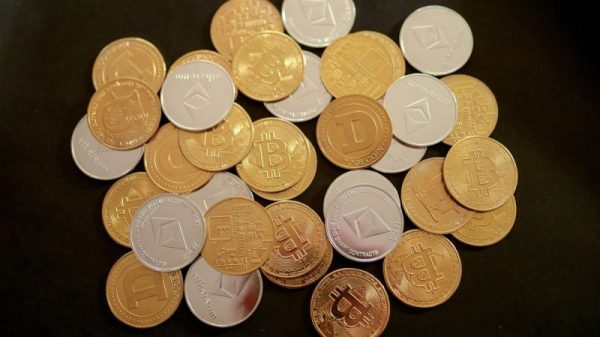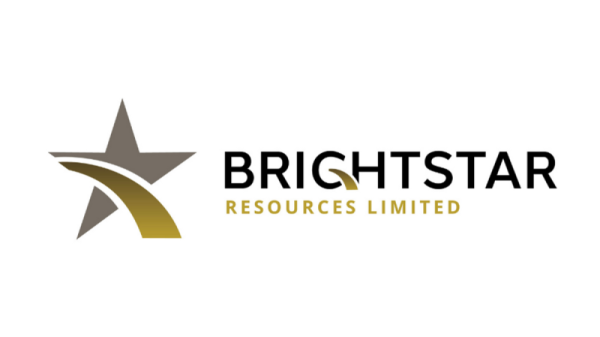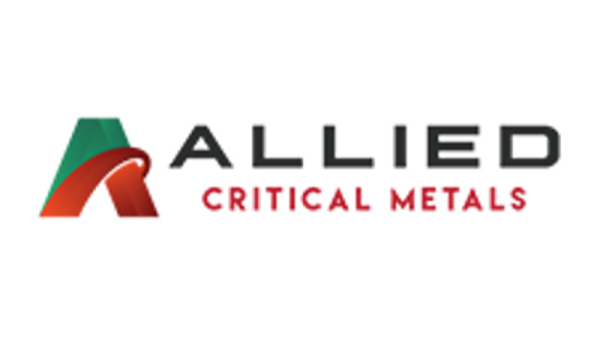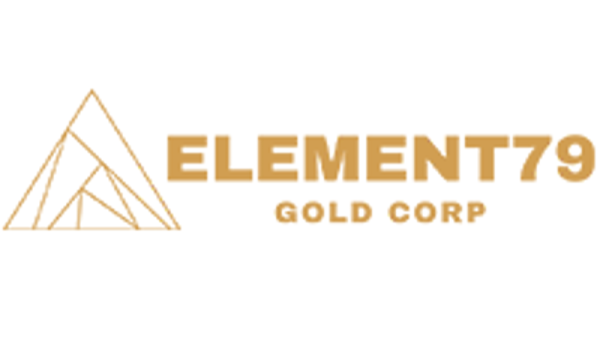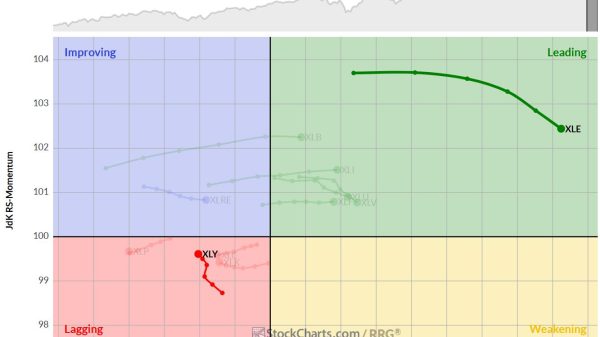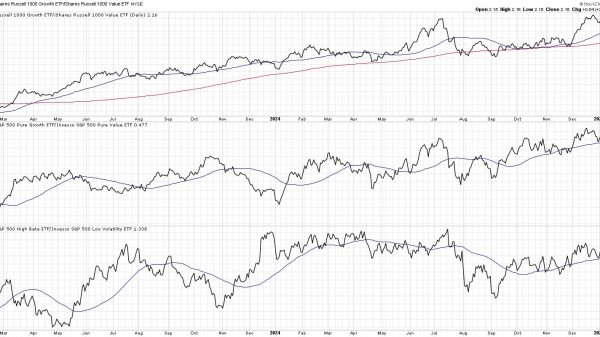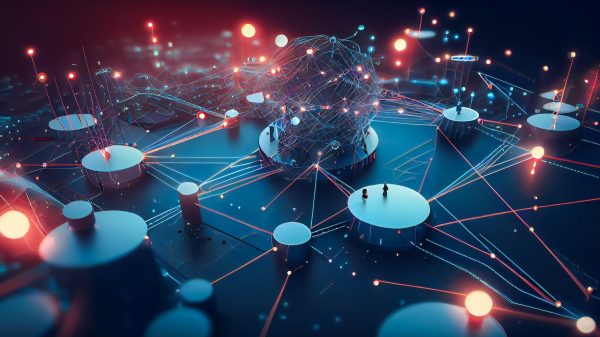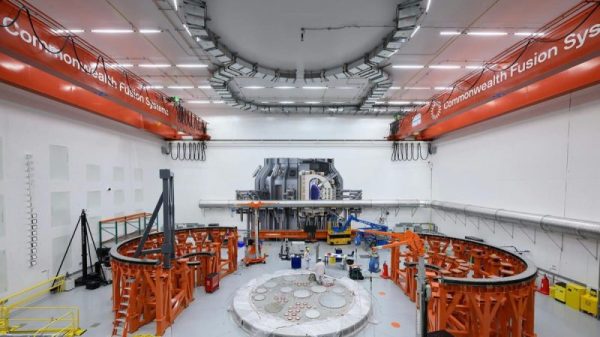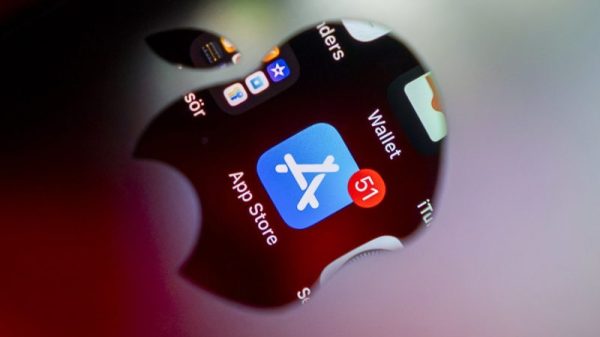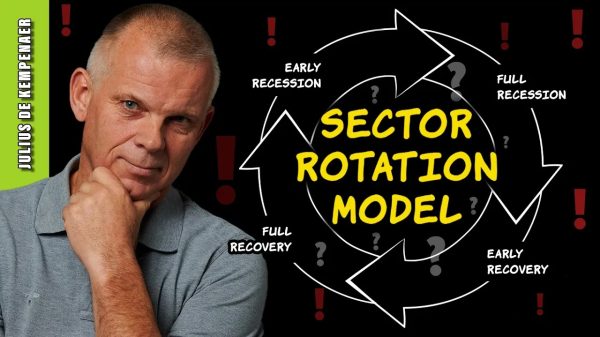IoT is becoming a prominent technology that is being implemented in both homes and commercial environments alike.
The healthcare industry is one that will forever be needed. With more of us living longer and the world only having so much space, it’s reliant on the healthcare industry to continue providing that care for those who need it.
With IoT, much like most of the technology nowadays, it has its advantages and benefits that anyone within the healthcare sector could utilize.
With that being said, here are some of those benefits that are worth taking note of as a business operating in this market.
1. Ability to provide personalized treatment
IoT-generated data can be helpful for those healthcare institutes that are looking to better improve their customer relationships. It provides healthcare providers with valuable and detailed insights into patients’ health and behaviors.
With a data-driven approach, making use of IoT can be helpful for those needing to create personalized treatment plans. Often with anything in healthcare, there’s not always a one-size-fits-all resolution.
Although we all eventually die – which is what we all have in common – everyone’s experience is unique and different from the next. That includes their health.
2. Provides remote patient care and monitoring
One of the biggest benefits of IoT is that it can be implemented pretty much anywhere, so long as theirs a connection available for the devices to communicate.
IoT applied within the healthcare industry is beneficial when it comes to offering remote patient care and monitoring of that care. Using these IoT-enabled devices, healthcare providers have a crucial link and access to continuously monitor patients’ vital signs – even from a distance.
With the growing number of people surviving beyond their years, it’s imperative that there’s an opportunity for healthcare providers to monitor their patients, especially with the limitations that are often put on those working within the industry.
Many areas of healthcare are unfortunately under-funded in parts of the world and in some cases, there are not enough healthcare workers available.
3. Efficiency with resources
As mentioned above, the lack of healthcare workers available is apparent with how many parts of the world are often struggling to provide efficient and effective healthcare to their own civilians.
The impact of IoT used within healthcare goes beyond just the level of patient care provided. It also helps improve operational efficiency and resource management.
When resources are limited, knowing exactly what to do with those resources in a way to utilize them and be as efficient as possible is paramount to healthcare success.
Hospitals and healthcare facilities are able to use IoT for resource allocation, tracking equipment and resource use, staff assignments, patient flow, and more. It’s invaluable information and tracking that can help utilize resources where it might be severely limited or under-resourced.
Not only that, but it can be helpful to reduce waste where it seems to be happening more often than not.
4. Enhanced access to care e.g. Telemedicine
Technology is a wonderful advantage that we now have as a society and as such, IoT can be useful for those who are in need of enhanced access to care. For example, some patients might be located in places where care is fairly limited or inaccessible.
That means that they rely on remote communications to be handled by healthcare professionals. Telemedicine has grown in popularity and has been advanced further with the help of IoT.
Patients are able to connect to healthcare professionals with IoT-enabled platforms and devices. This is helpful for those who need consultations, diagnostics, and remote monitoring in some cases.
This level of care and accessibility is great for those individuals who might be in rural areas or have limitations to their mobility and ability to get to healthcare places.
5. Predictive analytics and data-driven information
With IoT and a lot of technology that we now have access to, it’s a treasure trove. IoT-generated data is highly beneficial for healthcare users to make us of. Particularly in the cases of administrators and those responsible for making the policies within these healthcare organizations.
The data collected can be analyzed and better decision-making can be made through better and more high-quality intel.
Whether that’s decisions on resource allocation to healthcare strategies and planning, there is so much that can be gained from using IoT devices and platforms.
The predictive aspect of IoT is also incredibly beneficial. It can help healthcare professionals get beyond problems before they occur. Being able to do damage control or at least spot tell-tale signs of diseases or the patient’s needs in general with their health, can be critical for some patients.
6. Opportunities for staff training and career growth
IoT devices and platforms are great for helping give staff the training and career opportunities they need within their chosen healthcare profession.
Whether it’s online degrees like a graduate certificate in advanced nursing, to shared knowledge bases for educational purposes, the accessibility that IoT provides is incredibly valuable.
7. Offers transformative opportunities for clinical trials and research
There are many areas of study and research that are severely lacking, which is where technology may be able to help with moving forward.
With IoT, you have the ability to streamline data gathering and analyze it in a way that helps pick out all the important bits. This helps to accelerate the research process that’s required for clinical trials and ultimately provides cures and solutions to healthcare problems across the board.
IoT is certainly contributing to the transformative opportunities for clinical trials and research required for healthcare these days.
8. Streamlining operations and data sharing
IoT healthcare systems that are integrated and connected together, help to provide a seamless sharing of data that’s crucial for healthcare providers to have.
This interlinking of operations is great for coordinating care and having everyone singing from the same hymn sheet. Whether it’s accessing real-time patient information, to making more, efficient and informed decision-making, it’s all helpful.
IoT offers a wealth of benefits within the industry of healthcare, so it’s useful to implement it further for your business or organization this year.
The post How IoT Benefits The Healthcare Industry appeared first on IoT Business News.

